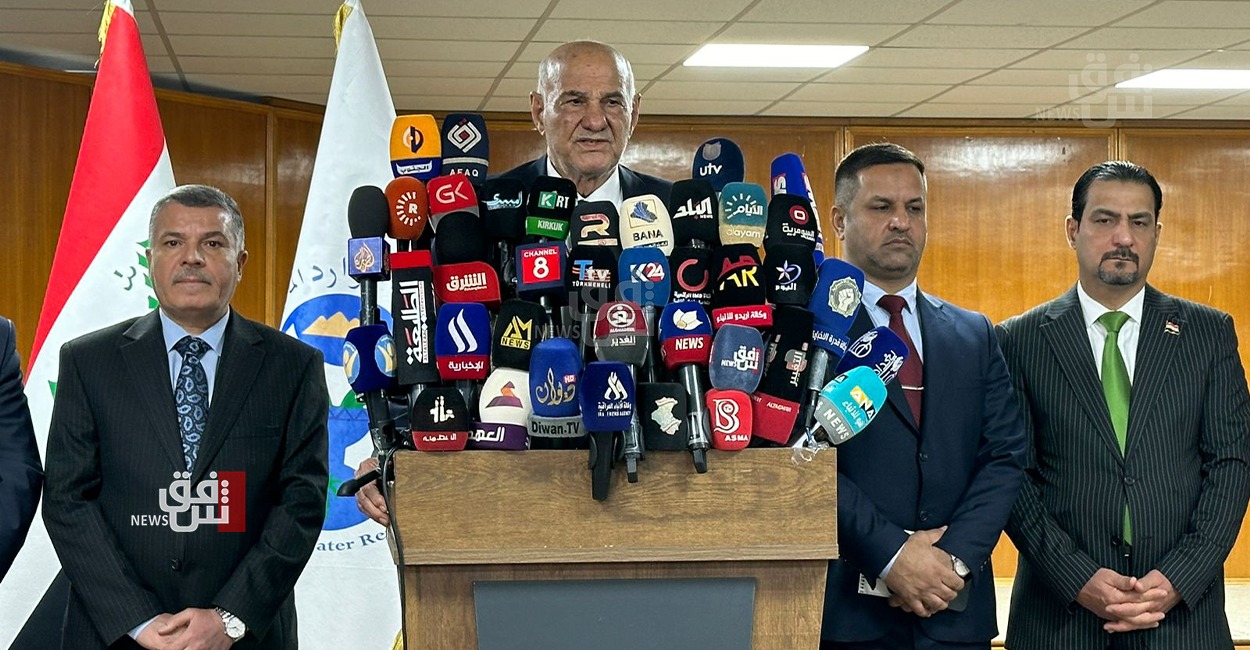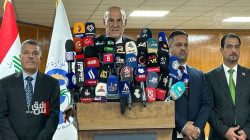"Building Makhul Dam costs $3 bn, unlikely to benefit Iraq's water reservoir"

Shafaq News / Minister of Water Resources in Iraq, Awn Dhiab, announced on Sunday that the construction cost of the Makhull Dam amounts to $3 billion, indicating that it will not serve Iraq's water reservoir. Additionally, he cautioned against the potential alteration of the Tigris River due to transgressions.
Dhiab stated, "The purpose behind the Prime Minister's directive to review some strategic projects and halt them is to correct the direction for project implementation, including the Badia Water Transfer Project to Basra costing $3 billion. All activities have been completely suspended. Also, the Makhul Dam project, costing $3 billion, has been halted." He clarified, "The construction of the dam will not benefit Iraq's water reservoir but instead cause an estimated loss of one billion cubic meters due to evaporation."
He pointed out, "The government aims to reduce public fund wastage and provide services. Based on this principle, we have embarked on delivering services and curbing encroachments on Iraqi water resources."
The Iraqi minister further highlighted, "There have been encroachments on water, and firm stances have been taken, especially in removing unauthorized fish ponds and unauthorized pumps, which are significantly detrimental in addition to encroachments on river banks." He warned that "transgressions by some violators will change the features of the Tigris River."
He also mentioned that "the King Ghazi area in Daghara will undergo development in the coming period." Dhiab emphasized the use of a new technique to regulate water usage, praised by Arab ministers, preventing the growth of reeds and algae, as well as preventing encroachments on both sides of rivers.
"We inherited the ministry at the lowest level of water reserves, facing the challenge of annual water evaporation in Iraq estimated at around eight billion cubic meters, posing a threat to the Euphrates River."
He continued, "90% of water revenues come from Turkey, which used to release limited amounts, not exceeding 300 cubic meters per second. Consequently, the ministry turned towards the Tharthar Lake, installing a large pump to enhance the Euphrates River last summer."
